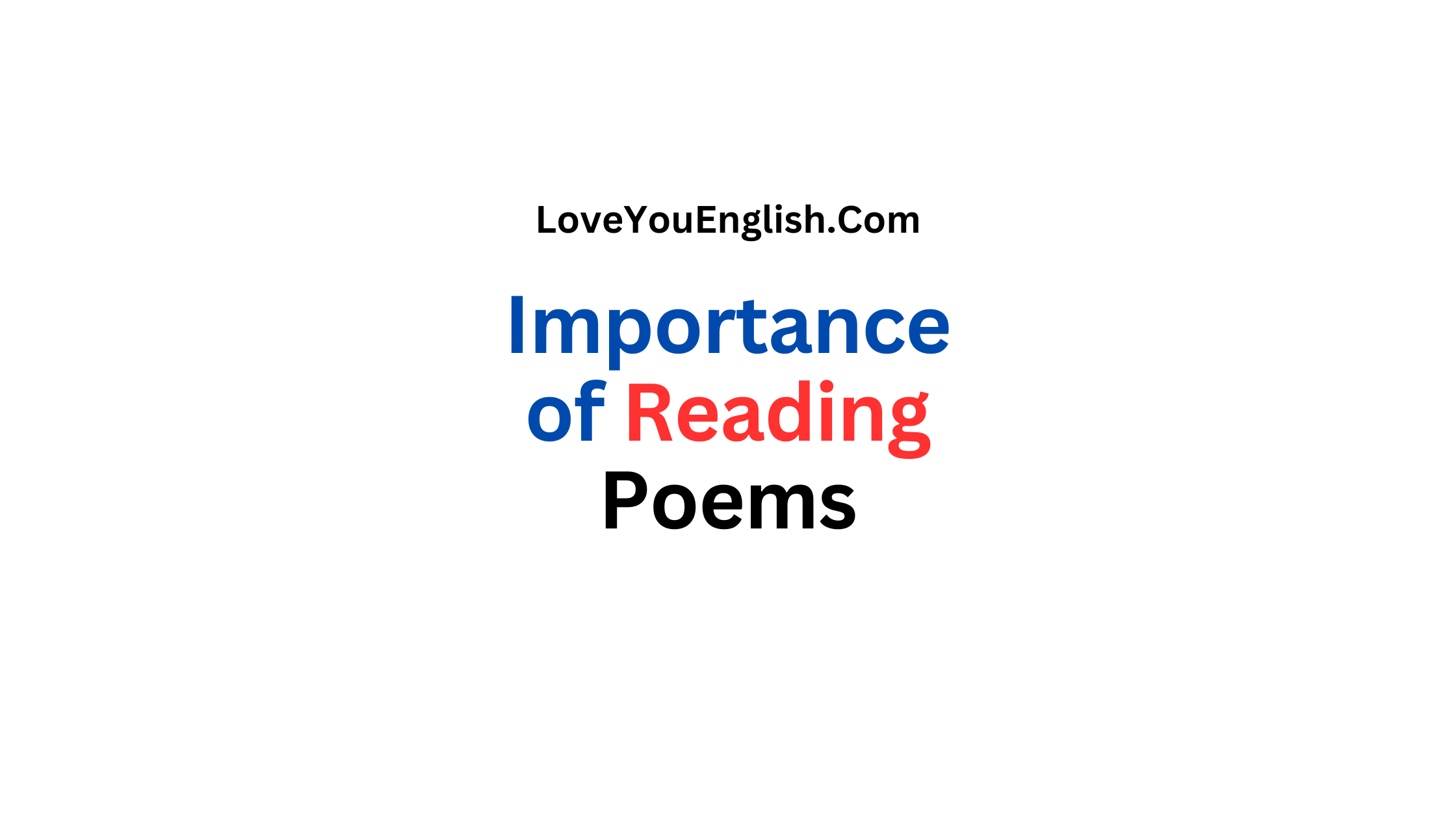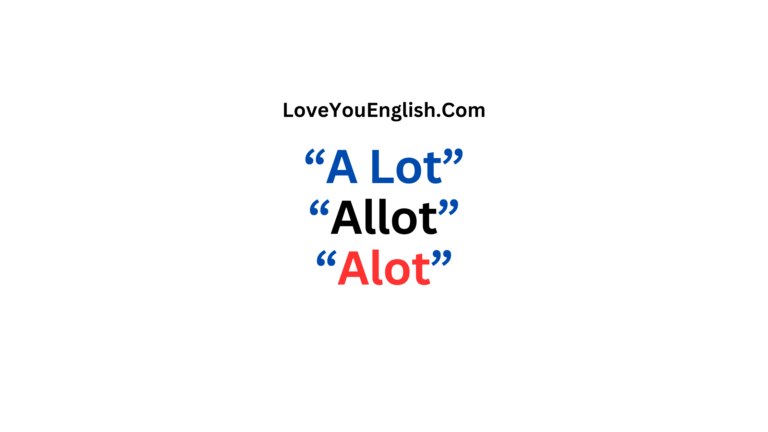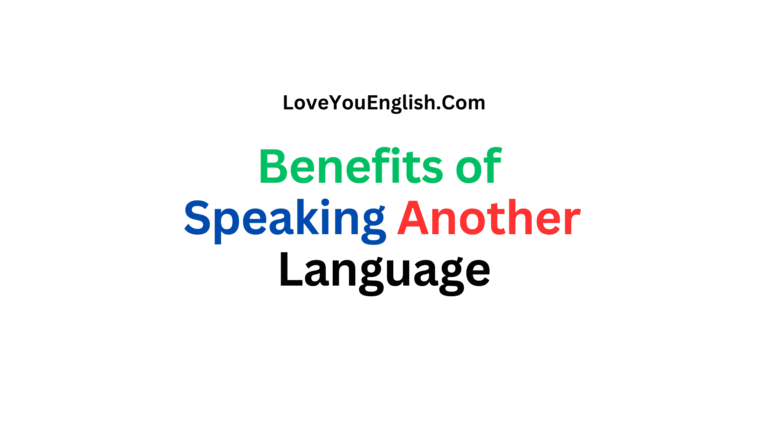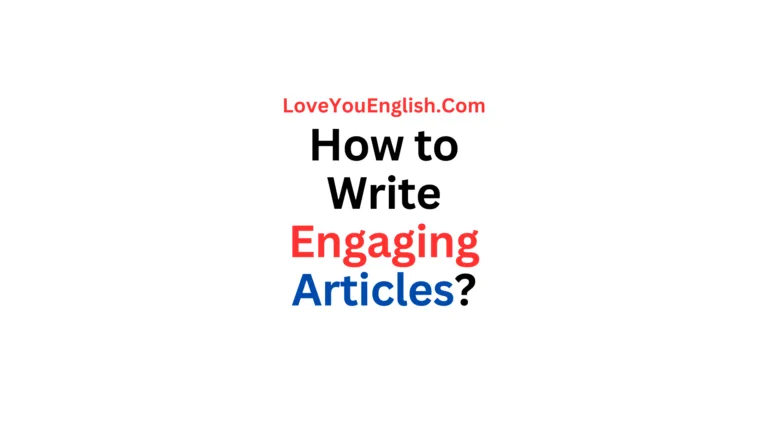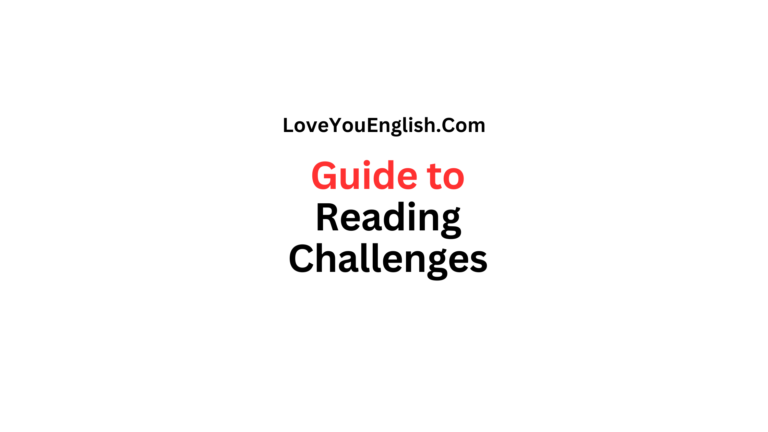Why Should I Read Poems? Importance of Reading Poems
In today’s fast-moving digital world, poetry might seem like something from the olden days – something boring and not important that we had to learn about in school but doesn’t really matter now.
With so many things trying to get our attention, why should we even bother with poems?
What good can poetry do for us in the 21st century?
Well, it turns out that poetry can actually do a lot for us, maybe even more now than before.
Instead of being old-fashioned, poetry talks about important parts of being human that never change, no matter what time it is or what technology we have.
It gives us special things that can make our lives better in really important ways.
Let’s look at some of the main reasons why reading poetry is not just a waste of time, but could actually change our lives.
Poetry Cultivates Mindfulness and Presence
Poetry has a powerful effect on us because it makes us stop and pay attention.
Unlike regular writing, poems make us slow down and really think about each word and line.
This helps us practice mindfulness, which means being more aware of the present moment.
Reading a poem is like doing a quick meditation that helps our busy brains calm down and concentrate.
Poet Jane Hirshfield describes this quality of poetry:
“The state of mind that poetry induces is one of permeability, transparency, wonderment, and awakeness to what is usually disregarded or sleeping within us.”
By cultivating this state of heightened awareness and presence, poetry can help reduce stress and anxiety while increasing our overall sense of wellbeing and connection to the world around us.
Poetry Expands Our Emotional Vocabulary
In our everyday lives, we often struggle to find the right words to express or even understand our emotions.
Poetry gives us a wider range of emotional words, helping us to describe feelings and experiences that might otherwise be unclear. Poems can capture subtle emotions with great accuracy.
They can show the details of happiness, sadness, love, desire, and every other feeling in between.
By reading poems, we improve our emotional understanding and learn new ways to express our inner thoughts.
This expanded emotional vocabulary doesn’t just help us understand ourselves better – it also makes us more empathetic and connected to others.
Poetry can bring people, cultures, and experiences together, creating greater understanding and kindness.
Poetry Offers New Perspectives
Poets are really good at making things we see all the time seem totally different.
They make us think about stuff in new ways and see things from different angles.
It’s like they help us look at the world in a whole new light!
Emily Dickinson famously wrote:
“Tell all the truth but tell it slant — Success in Circuit lies”
This “slant” approach to truth-telling is at the heart of poetry’s power.
By approaching ideas indirectly or metaphorically, poems can bypass our usual defenses and preconceptions, allowing us to engage with difficult or complex topics in new ways.
Reading diverse poets from different time periods, cultures, and life experiences can dramatically expand our worldview.
It allows us to step into other perspectives and see through different eyes, fostering empathy and broadening our understanding of the human experience.
Poetry Enhances Cognitive Flexibility
Poetry challenges our brains in unique ways because of its ambiguity and multiple layers of meaning.
Unlike straightforward prose, poems resist simple interpretation and require us to hold multiple possible meanings in mind at the same time.
This mental flexibility has cognitive benefits that go beyond poetry, enhancing our capacity for creative and critical thinking.
The skills we develop in interpreting poems – close reading, analysis, making connections, and tolerating ambiguity – are valuable in many areas of life, from personal relationships to professional problem-solving.
Research has suggested that reading poetry can have positive effects on brain function, particularly in areas related to introspection and self-reflection.
It may even help maintain cognitive function as we age and potentially reduce the risk of dementia.
Poetry Connects Us to Our Cultural Heritage
Poetry has been around for a really long time, going back to ancient times when people would share poems orally.
When we read poems, we are connecting to a part of our history and culture.
We can learn about how people in the past dealt with important questions and experiences.
Whether it’s old epic poems or modern spoken word, poetry shows us different cultures, time periods, and ways of thinking.
It’s like having a conversation across time and space, linking us to the bigger human story.
This link to our cultural past can help us feel grounded and connected in a world that’s always changing.
It’s a reminder that even though our lives are unique, we all go through similar things like love, loss, wonder, and struggle.
Poetry as a Tool for Personal Growth and Self-Discovery
Many people believe that poetry is a powerful tool for personal growth and self-discovery.
Poems often talk about common themes and experiences in ways that can bring about deep insights or emotional breakthroughs.
When we read a poem that really connects with our own experiences, it can make us feel understood and comforted. Poetry can help us express parts of ourselves that we struggle to show otherwise.
Writing poetry, even if it’s just for ourselves, can be an even stronger way to discover more about who we are.
Putting our thoughts and feelings into poetic words can help us learn new things about ourselves and gain a deeper understanding of who we are.
Read more:
- 5 Writing Activities to Keep You Going Through the Winter
- How to Improve Your English Reading Skills
- History of the English language
- Explore the Fascinating World of Online Books
- How to Talk About Travel and Transportation
Poetry as a Source of Comfort and Inspiration
During tough times, lots of people find comfort and inspiration in poetry.
Poems can make us feel better without being cheesy or ignoring our struggles.
They can show that life is hard, but still offer hope or a new way of looking at things.
Some people keep their favorite poems nearby to read when they’re feeling down.
A really good poem can be like a lucky charm, helping us get through tough times with strength and grace.
Poetry can also motivate and inspire us
Many poems talk about how beautiful life is, how strong people can be, and how things can get better.
Reading these poems can make us feel happier and remind us of our goals and dreams.
Poetry is also great for improving language skills and creativity.
If you want to get better at using words, poetry is a fantastic tool.
Poets are experts at language, pushing the limits of what words can do and how they can fit together.
Reading poetry exposes us to new words, creative language use, and vivid descriptions.
It can help us become better writers, whether we’re working on emails, reports, stories, or our own poems.
Poetry also boosts creativity in general
The surprising connections and unusual ideas in many poems can inspire creative thinking in all sorts of areas.
Lots of successful people in fields like science and business say that poetry has helped them come up with new ideas and think outside the box.
Poetry for Change and Social Justice
Poetry has a long history of being a powerful tool for speaking out against injustice and pushing for social change.
Poets use their words to challenge the status quo, question societal norms, and imagine a better future.
When we read these poems, we are reminded of our own role in creating a more just society.
They inspire us to take action and make a difference.
Even poems that don’t directly address political issues can still challenge our perspectives and open our minds to new possibilities.
Poetry in the Age of Technology
Some people think that poetry is becoming less important in today’s digital world, but actually, it’s more relevant than ever.
The short, impactful nature of poems makes them perfect for sharing online and reaching a wide audience.
Thanks to technology, we have access to a vast array of poems from all over the globe right at our fingertips.
We can explore different styles, voices, and perspectives with just a few clicks.
And while technology has its drawbacks, poetry reminds us to slow down, think critically, and engage deeply with the world around us.
How to Start Reading Poetry
If you’re excited about reading poetry but don’t know where to start, here are some ideas to help you out:
Start with poetry anthologies:
Anthologies have lots of different poets and styles, so you can figure out what you like.
Check out modern poets: While old poetry is cool, new poets are talking about what’s happening now in a cool way.
Listen to poetry: Some poems sound better when you hear them. Try listening to poets read their work or go to a poetry reading.
Make poetry a habit: Read a poem every day, maybe in the morning or at night. Even a little bit of poetry can make a big difference.
Join a poetry group: Talking about poems with others can help you understand them better.
Don’t stress about being right: There’s no one right way to understand a poem. Trust your feelings and let your thoughts change over time.
Read poems again: Poems can show you new things each time you read them. Don’t be afraid to read them more than once.
In the end, poetry is a special thing that can help us slow down, pay attention, and feel more connected.
It can make us feel things, give us ideas, and even make us want to change things.
Poetry might not always be easy, but it’s worth it. When we read poems, we’re not just reading words – we’re taking part in something really important.
Reading poems can give you a deeper understanding of what it means to be human.
You become part of a conversation that has been happening for thousands of years, and you can share your own thoughts and experiences.
It’s like giving yourself the gift of insight, connection, and being present in the moment.
As poet Mary Oliver said, poems are like fires for the cold and ropes for the lost – something as essential as bread for the hungry.
In our complicated world, we could all use a little more of that essential nourishment.
So why not read a poem today?
You might be surprised at the new perspectives it brings and the warmth it ignites inside you.

